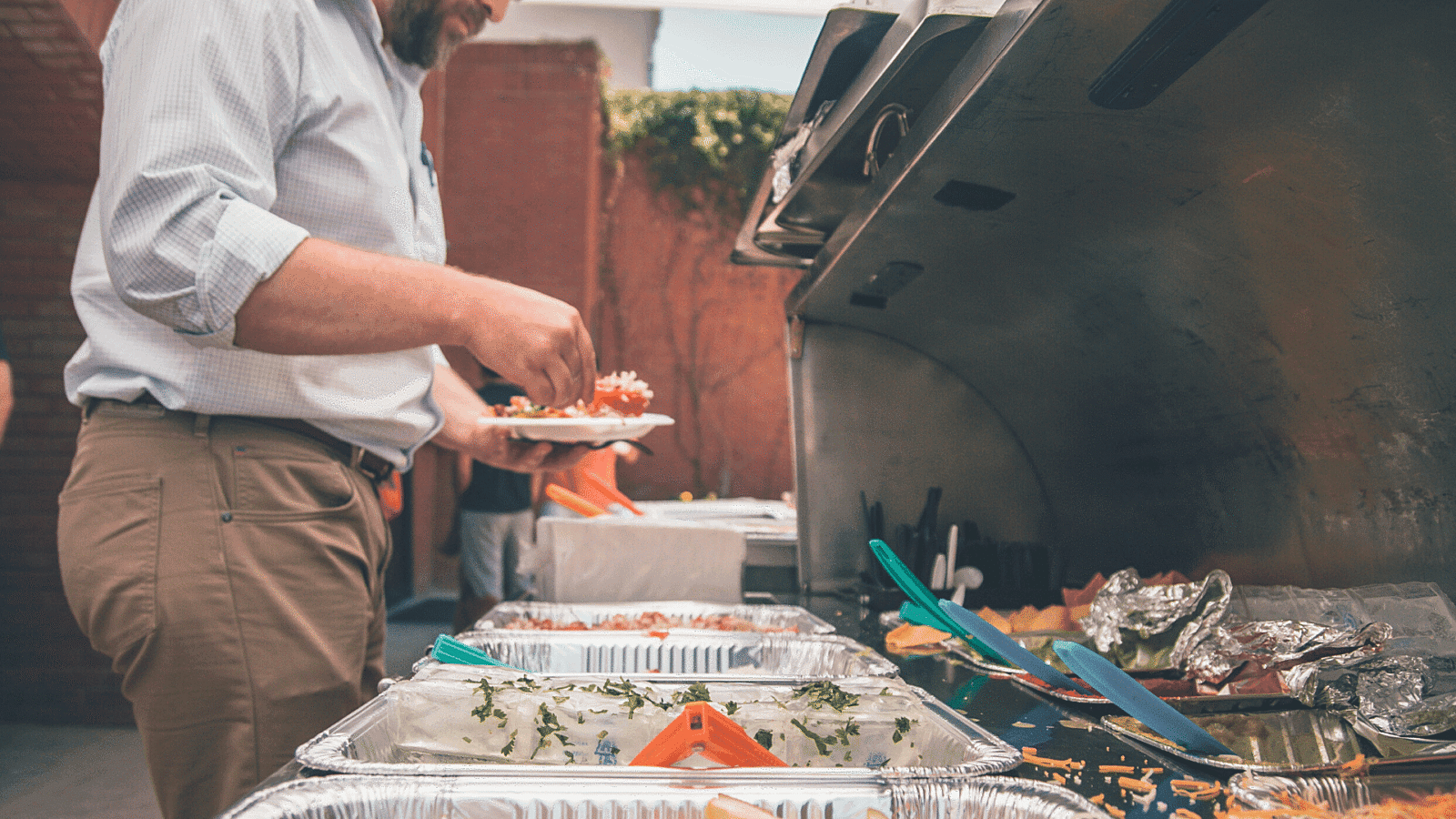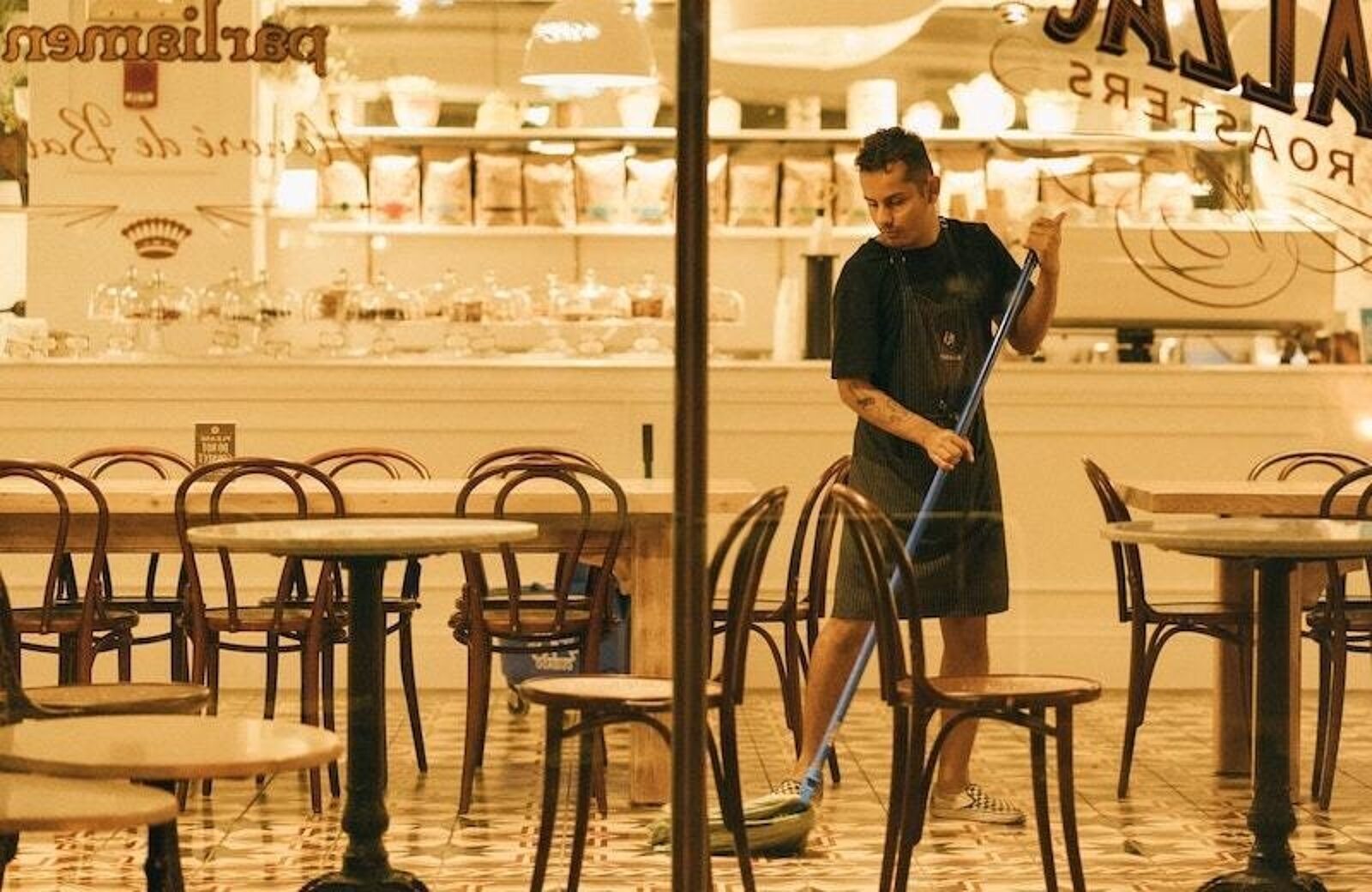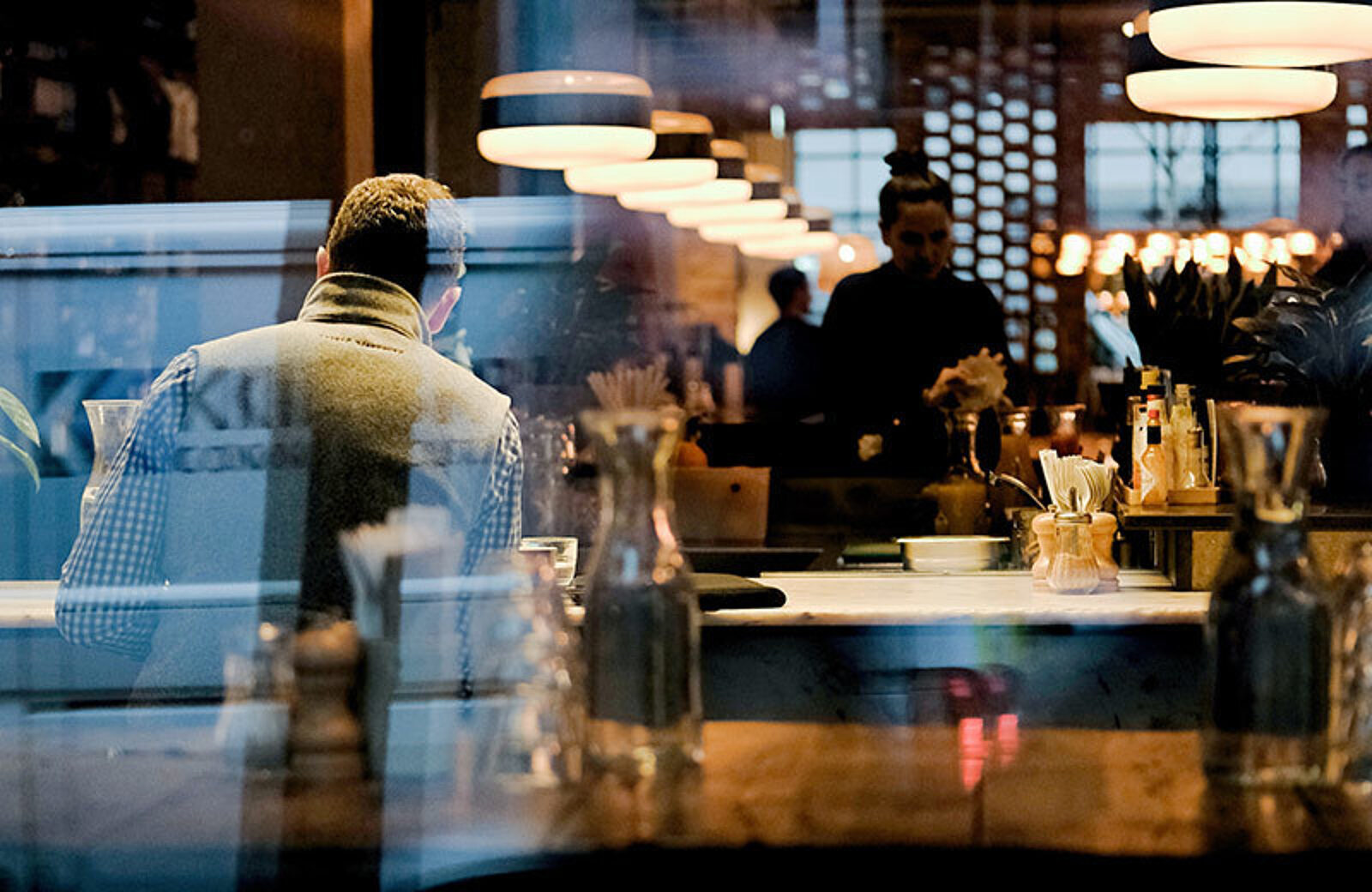
How to Host a Private Party at Your Restaurant
Hosting a private party or private event in your restaurant can be difficult without proper direction. Here are 5 easy steps to help you get the job done.

Nicole L'EcuyerAuthor
Some of the most gorgeous venues that host private parties are restaurants. When I am searching for the perfect customer event or cocktail hour, I want to find a restaurant that is functional, unique, and most importantly, easy to work with. I have had some great experiences with restaurant venues. Having said that, I have also had some not so great experiences as well.
Allow me to take you back to the moment when I realized how important it is to have a solid plan in order when you run events at your restaurant.
I live and work in Boston, but I have been planning events across the globe for the past 4 years. 99% of the time, I cannot see the venue before the day of the event, which makes the planning process a bit of a challenge.
A few years ago I was planning an event in Northern California, right outside San Francisco. I found a great venue located on a winery with bocce courts and a nice outdoor cocktail space. Being Northern California in the fall, the venue's event coordinators were confident the weather would be fine. Well, we were all wrong.
It just so happened to be the rainiest week that year in San Francisco and we had to move inside, turning the event into a last minute mess. Luckily, by the time the event started, we had a backup plan, and everything ran smoothly.
After my rainy California experience, I have learned a few things to help coordinate a private party or event at restaurants all across the country. This not only will help people like me who plan events, but also will help the restaurateurs become skilled event coordinators.
Here are the 5 steps of hosting an event or a private party at your restaurant.
Step 1: Know Your Space
In order for the customer to visualize the event taking place at your venue, you need to know the space like the back of your hand. Everything from the square footage and layout options to how many people fit in cocktail reception is needed for proper presentation setup. Having photos and floor layouts is imperative! I am a very visual person, and when I can see pictures of a room as well as the floor layout, it gives me the ability to plan out the setup and the flow of the event. Not to mention, seeing pictures and layouts before you can actually see the space in person gives the coordinator a huge sense of relief.
Step 2: Focus on the Details
I ask a million questions whenever I am planning an event. I keep a question list with me just to make sure I am covering all my bases (see below). This would be very helpful for the restaurant coordinator to have so they can have all details before the date.
Questions for Restaurant Event Hosting
- Do you have availability on the chosen date/time? Are there any other events on that date that could somehow effect the event?
- What is the room rental fee?
- How is the cost broken down? Cost per person? Consumption? Is there a minimum to hit?
- How many square feet is the space?
- Do you have a floor layout?
- What formats have you used for previous events?
- Is it a private space or will it be shared with regular business?
- Are there Audio/Visual options available?
- When do you need the final headcount?
- Who will be the on-site contact?
Along with a checklist, having a contract should be required! Writing a contract makes sure that both parties are on the same page and creates legitimacy about the event that is being hosted. Having worked with restaurants that simply confirm an event through an email, I never feel as confident if I just have an email confirmation compared to a contract.
Step 3: Encourage Clear Communication
When planning an event - especially off site - communication is imperative between the restaurant and the customer. Creating a communication plan will make the entire planning process easier for both parties. Establish which channel of communication is the best. I typically like to email so I can write down all the details (date, time, size, AV needs, etc). I then like to have a phone conversation to sort out any details that may be harder to explain. During these conversations, it’s good to introduce the on-site contact (if different from the organizer) and review all details in the contract.
Make sure everything is clear for both you and the people leasing the space. Are there refunds? Is there a cancellation policy? Is there a cap on how many people can come? Are there any special requests? How much time will be needed to make those special requests? Get everything out in the open so there are no surprises from either group.
Step 4: Develop a Day of Event Strategy
On the day of the event, it is extremely important to have constant communication between the restaurant and the customer. With any event, there are many moving parts. Things can change in an instant. Creating a day of event plan can help minimize any last minute issues. The event may begin at 3:00 pm but doing a walk through 1-2 hours before will bring up any unforeseen issues with ample time to come up with a solution.
"With any event, there are many moving parts. Things can change in an instant."
CLICK TO TWEET ![Twitter_logo_blue.png Twitter_logo_blue.png]()
During the event it is also imperative to maintain communication. Checking in on the event every hour is helpful to make sure everyone is satisfied and everything is going smoothly. You should also give your patrons the best method of contact if anything happens that warrants immediate attention. If there are any roadblocks that pop up, they can be settled immediately.
Lastly, always have a day of event backup plan. You never know when there is going to be a rainstorm or a power outage. Things happen all the time that deviate from the original plan. It is always good to have some additional options so you aren’t stuck hours before the event trying to figure out what to do to make it run smoothly.
Step 5: Send a Post-Event Follow-Up
Lastly, in order to complete the full process of hosting a private party or restaurant event, it is always important to receive feedback. You can do this by having a quick call or sending out a post-event survey. The customer may bring up things that worked extremely well or have suggestions on how to improve. There's a chance that you wouldn’t necessarily notice these areas of praise or criticism, so it's helpful to hear them from someone who just had an event at your restaurant.
That's it! You're now a restaurant party guru.
As you see, planning an event at a venue you haven’t visited can be a difficult task. However, if you follow these 5 steps, the process can be made significantly easier for your customers and your staff.
Related Restaurant Opening Resources
Balance Sheet Template
This template will help you forecast short and long-term cash flow and assess the overall financial health of your restaurant.

Is this article helpful?
DISCLAIMER: This information is provided for general informational purposes only, and publication does not constitute an endorsement. Toast does not warrant the accuracy or completeness of any information, text, graphics, links, or other items contained within this content. Toast does not guarantee you will achieve any specific results if you follow any advice herein. It may be advisable for you to consult with a professional such as a lawyer, accountant, or business advisor for advice specific to your situation.
Read More
Subscribe to On the Line
Sign up to get industry intel, advice, tools, and honest takes from real people tackling their restaurants’ greatest challenges.


